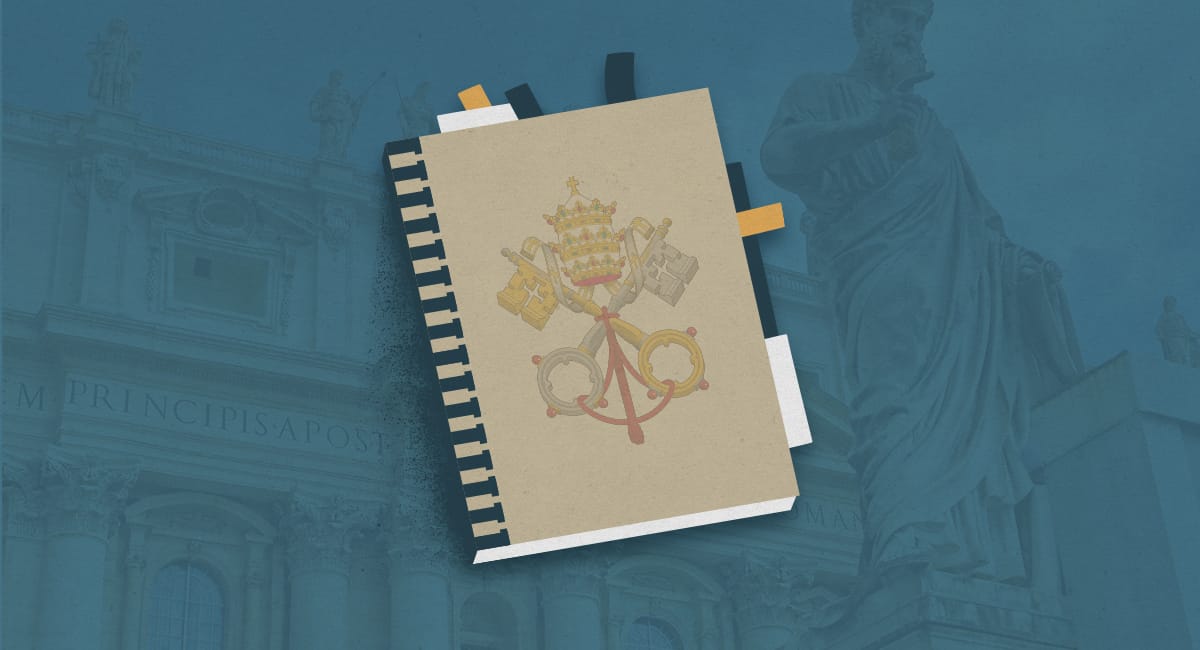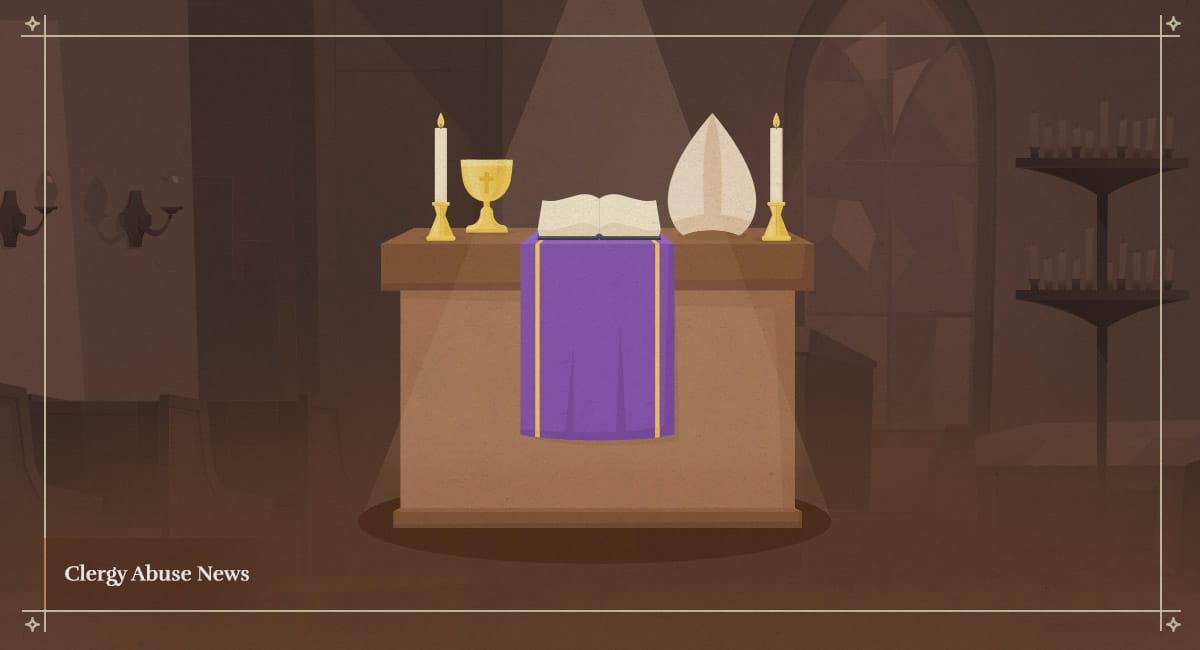Vatican Publishes Guidelines for Sex Abuse Claims
The Vatican’s newly released guidelines advise clergy members on handling sexual abuse claims. Critics argue the guidelines aren’t enough to help victims seek justice.

In July 2020, the Vatican published a new set of guidelines. These guidelines instruct clergy members on how to handle sexual abuse claims against the Catholic Church. Supporters believe these guidelines are positive progress for the Church. Critics argue the guidelines are not strict enough given the gravity of the situation.
Vatican Publishes A Handbook For Bishops
The purpose of the Vatican’s new handbook is to help bishops, church legal representatives and other clergy members handle sex abuse claims. The handbook is officially known by its Latin name “vademecum.” The Congregation for the Doctrine of the Faith, an administrative office of the Vatican, published the vademecum. According to its title, it’s a reference document “On Certain Points of Procedure In Treating Cases of Sexual Abuse of Minors Committed By Clerics.”
Cardinal Louis Ladaria further describes the handbook as “‘an ‘instruction manual’ that intends to help whoever has to deal with concrete cases from the beginning to the end.” The cardinal claims the guidelines are not new. However, the guidelines seem to be more progressive than Pope Francis’ previous guidance in his 2019 apostolic letter.
Apostolic Letter: “You Are the Light of the World”
In May 2019, Pope Francis issued an apostolic letter titled “Vos Estis Lux Mundi” or “You Are the Light of the World.” In his letter, the pope addressed the ongoing clergy sex abuse situation.
His letter encouraged clergy members to report abuse to law enforcement when it was required by law. However, there are countries and several American states that do not have laws requiring a clergy member to report abuse.
Victim advocates argued the pope should encourage clergy members to report abuse regardless of the laws in place.
The recently published guidelines address three important issues:
- The guidelines expand on Pope Francis’ earlier statements regarding working with law enforcement.
- The guidelines encourage bishops and clergy members to investigate anonymous or “doubted” claims.
- The guidelines discourage church officials from transferring accused clergy members to new assignments.
Vatican Guidelines Encourage Communication With Law Enforcement
The Vatican expects bishops and clergy members to report allegations of clergy abuse to law enforcement. Recently, the Vatican has encouraged this action only when required by local law. The newly published guidelines go a step further. The guidelines recommend clergy members report abuse cases regardless of the law.
“Even in cases where there is no explicit legal obligation to do so, the ecclesiastical authorities should make a report to the competent civil authorities if this is considered necessary to protect the person involved or other minors from the danger of further criminal acts.”
The guidelines require church leaders to provide evidence requested by a court or investigation. In the past, dioceses have been able to withhold incriminating information from court proceedings and the public.
However, the Vatican has not changed its stance on the sanctity of confession. If a priest or clergy member learns about abuse while administering confession, he may not report the abuse to anyone. The guidelines encourage a priest in this situation to “convince the penitent to make that information known by other means, in order to enable the appropriate authorities to take action.”
In the Catholic Church, a penitent is a person who confesses his or her sins during the Sacrament of Penance (also known as the Sacrament of Confession or the Sacrament of Reconciliation).
Vatican Guidelines Encourage Investigation Of Anonymous Claims
The handbook encourages bishops and clergy members to investigate anonymous sexual abuse claims. The handbook states, “The anonymity of the source should not automatically lead to considering the report as false.” Similarly, the handbook encourages clergy members not to dismiss sources with doubtful credibility.
Members of the Congregation for the Doctrine of the Faith acknowledge there are many unresolved or unreported cases of sexual abuse to address. They hope the guidelines will uncover truths and initiate justice for victims.
Vatican Guidelines Discourage Transferring Accused Priests To New Assignments
In the past, church officials have reassigned priests accused of abuse to different parishes or dioceses. This is a practice known as “priest shuffling.” By moving these abusive priests, diocesan leaders were often able to protect the Church from public scandal.
However, the practice also allowed many serial abusers in the Catholic Church to continue their crimes. Many of these abusive priests went on to abuse other children in their new parishes.
The handbook discourages the practice of priest shuffling.
Critics Argue The Guidelines Fall Short
Although victim advocates support the guidelines, many believe the guidelines don’t go far enough. For example, the guidelines frequently use the word “should” versus “must.” Critics argue that without obligatory rules, church officials may view the guidelines as optional.
Until these guidelines are added to the Catholic Church’s canon law, victims may have to continue reporting sexual abuse or assault themselves. It is the surest way to know a report has been filed and legal justice may follow.
Sources
- 1
Congregation for the Doctrine of the Faith. (2020, July 16). Vademecum.
- 2
Pentin, E. (2020, January 1). Pope Francis’ 2019: Panama to Pan-Amazon to Pachamama. National Catholic Register.
- 3
Pope Francis. (2019, May 7). Vos Estis Lux Mundi. Apostolic Letter.
- 4
Povoledo, E. (2020, July 16). Vatican Tells Bishops to Report Sex Abuse to Police (but Doesn’t Require It). The New York Times.
- 5
Welna, D. (2020, July 16). New Vatican Guidance Urges Clergy To Report Cases Of Sexual Abuse. NPR.



